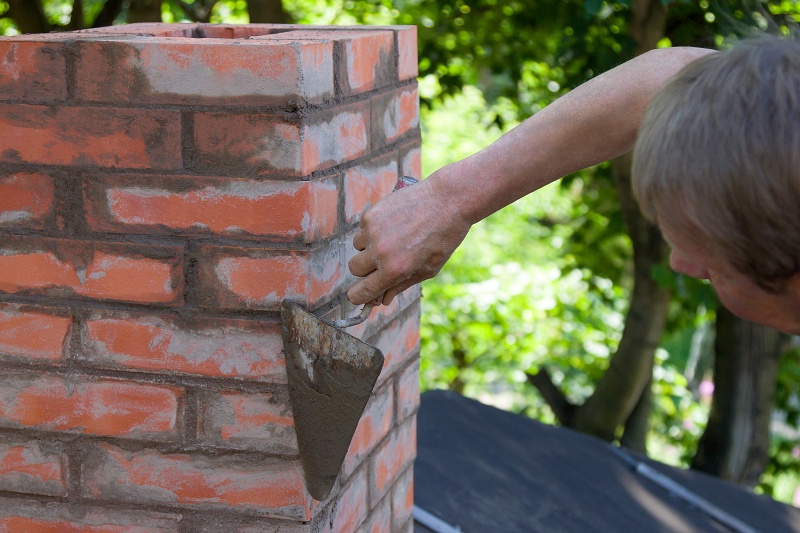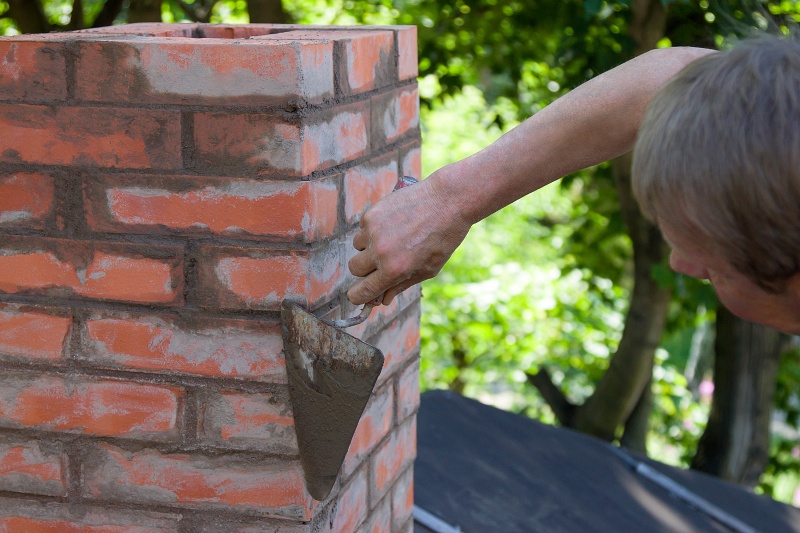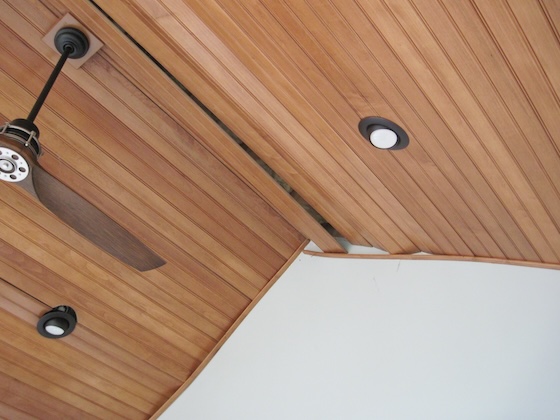
Understanding Chimney Damage
Understanding Chimney Damage
Chimney damage is a common issue that many homeowners face. It can occur due to various reasons and can range from minor to severe. Understanding the different types of chimney damage and their causes is crucial in addressing the problem effectively.
One common type of chimney damage is cracks in the bricks or mortar. These cracks can happen over time due to the expansion and contraction caused by temperature changes, environmental factors such as weather conditions, or even structural issues. Additionally, chimney damage can also be caused by water leaks, which can deteriorate the masonry over time and lead to more severe problems if left unaddressed.
Signs of Minor Chimney Damage
Minor chimney damage can often go unnoticed if homeowners are not vigilant. There are, however, several warning signs that indicate potential issues with the chimney. One common indication of minor damage is the presence of cracked or damaged bricks or mortar. These cracks may not always be immediately visible, but they can allow water to seep into the chimney, leading to further deterioration. Another sign of minor chimney damage is the presence of efflorescence, which appears as a white, powdery substance on the surface of the bricks. Efflorescence is caused by salt deposits and is indicative of water infiltration. It is important to address these minor signs of damage promptly to prevent larger, more costly issues from arising.

Signs of Major Chimney Damage
Major chimney damage can be visually apparent and should not be ignored. One of the most common signs of major chimney damage is a chimney leaning or tilting to one side. If you notice that your chimney is no longer vertical and is leaning to the left or right, it is a clear indication that significant structural damage has occurred. This can be caused by a variety of factors, including foundation issues or settling of the structure over time.
Another sign of major chimney damage is the presence of large cracks or gaps in the chimney bricks or mortar joints. These cracks can indicate that the structure is deteriorating and may even be at risk of collapsing. It is essential to address these issues promptly to prevent potential hazards, such as chimney collapse or water intrusion, which can further damage the chimney and even pose a threat to the integrity of your home. If you observe any of these signs, it is crucial to consult with a professional chimney inspector or contractor to assess the extent of the damage and determine the appropriate course of action to repair or replace the chimney.
Evaluating the Extent of Chimney Damage
Evaluating the extent of chimney damage is a crucial step in determining the necessary repairs or replacements. One way to assess the damage is through a visual inspection. Look for any visible cracks, loose bricks, or crumbling mortar on the exterior of the chimney. Additionally, check for signs of water damage such as discoloration or peeling paint on the surrounding walls. Inside the house, inspect the fireplace and chimney for any soot buildup, creosote deposits, or unusual odors. These visual cues can help indicate the severity of the damage and provide a baseline for further evaluation.
In some cases, a visual inspection may not be enough to evaluate the extent of chimney damage. Hiring a professional chimney inspector or mason can provide a more comprehensive assessment. They have the expertise and equipment necessary to conduct a thorough examination, including using cameras to inspect the interior of the chimney. By identifying hidden issues, such as cracks in the flue or damaged chimney liners, they can provide a more accurate evaluation of the chimney’s condition. This evaluation will guide homeowners in making informed decisions regarding repairs, replacements, or other necessary actions to ensure the safety and functionality of their chimney.
Factors to Consider Before Making a Decision
When faced with chimney damage, it is important to carefully consider all factors before making a decision. One crucial aspect to assess is the extent of the damage. Is it a minor issue that can be easily repaired, or is it a major problem that requires extensive and costly repairs? Evaluating the severity of the damage will help determine the best course of action.
Cost is another vital factor to consider. Repairing or replacing a chimney can be a costly endeavor, so it is essential to have a clear understanding of the budget available for this project. It may be necessary to obtain multiple quotes from reputable contractors to compare prices and quality of work. Additionally, it is important to keep in mind that investing in high-quality repairs or replacement can save money in the long run by preventing further damage and the need for future repairs. Thus, carefully considering the cost implications is essential when deciding how to proceed with chimney damage.
When to Repair vs. Rebuild: Making the Right Chimney Decision was first seen on https://chimneysweeplosangeles.net/





More Stories
The Role of Chimney Inspections in Homebuying
The Rise of Bed Bugs: Why Are They Making a Comeback?
Chimney Masonry Repair 101: Restoring Beauty and Functionality